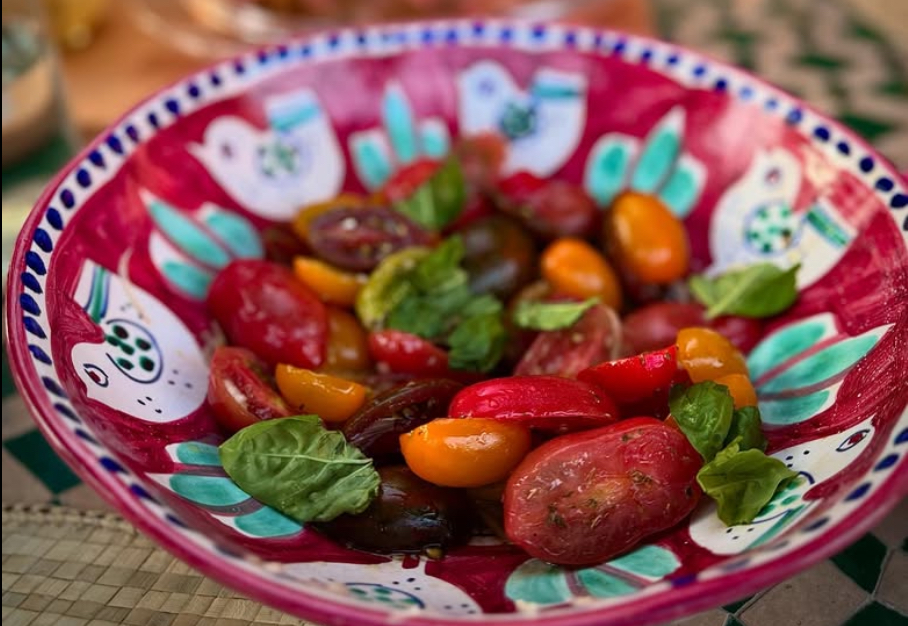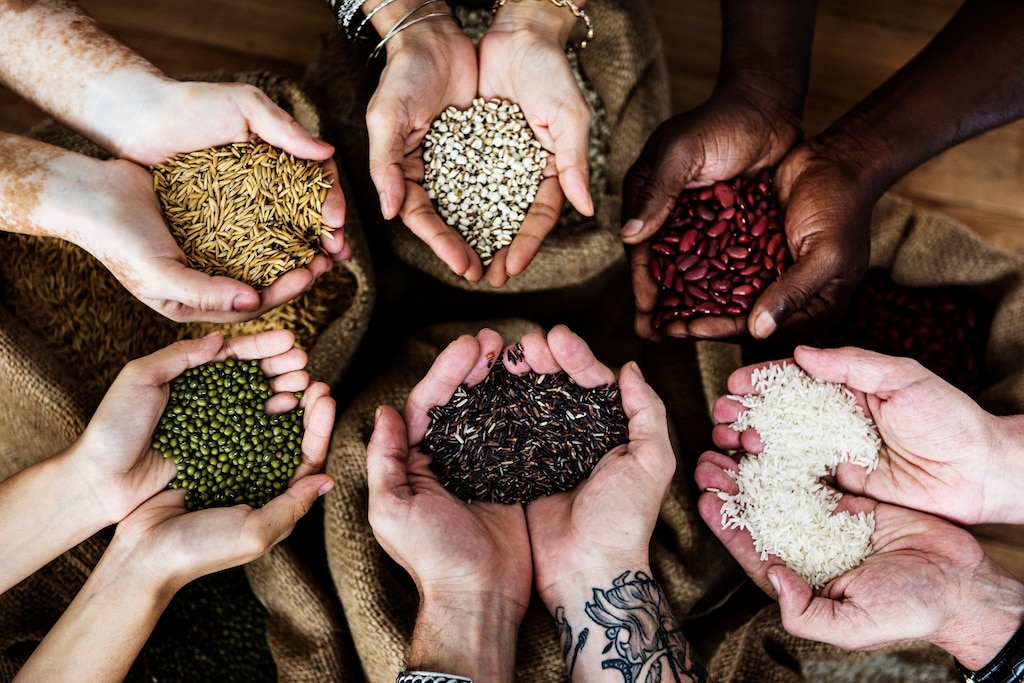Rooting for Wellness: Are You Overlooking Winter’s Best Ingredients?
As winter settles across the UK and Europe, the rhythm of the seasons becomes unmistakable. Colder days, longer nights, and supermarket shelves stocked with every imaginable produce, no matter the season. But amidst this abundance, have we lost sight of what winter has to offer? Why are so many of us reaching for out-of-season options when the bounty of root vegetables is right at our fingertips?
These hardy, humble vegetables are not just practical they’re packed with flavour, nutrition, and tradition. So, why aren’t they taking centre stage in your winter meals? While tender summer crops fade with the frost, root vegetables like carrots, parsnips, beets, turnips, and sweet potatoes thrive underground, undeterred by the cold. They’ve been staples of winter diets for generations, offering sustenance and strength through the harshest seasons. Yet today, they’re often overshadowed by produce flown in from faraway climates. Are we fully appreciating the fresh, local, seasonal options available to us right now?
Root vegetables, grown in the fertile soils of the UK and Europe, have been part of our culinary heritage for centuries. These are the crops that sustained our ancestors, and they’re just as valuable today—so let’s give them the recognition they deserve.
Why Root Vegetables Deserve a Spot at Your Table
They aren’t just practical; they’re incredibly versatile. If you think they’re boring, it’s time to think again. Roasted beetroot, drizzled with olive oil and balsamic, brings an earthy sweetness and vibrant colour to any dish. Parsnips, crisped into golden fries, offer a healthier alternative to processed snacks. Even the often-overlooked turnip, roasted with garlic and rosemary, becomes a rustic treat.
These vegetables are culinary chameleons, seamlessly fitting into dishes across the UK and Europe. Consider the wholesome and beloved British leek and potato soup, or Sicilian caponata—a tangy, hearty vegetable stew that often incorporates celeriac, carrots, and potatoes alongside aubergine, tomatoes, and olives. Need inspiration? Try these recipes to enjoy root vegetables in new ways,
Packed with Nutrients, Perfect for Winter
You could say that they aren’t just tasty they’re nutritional powerhouses. In the colder months, when fresh produce can be scarce, they offer a reliable source of vitamins and minerals that support overall health.
Did you know that:
- Carrots are rich in beta-carotene, which boosts your immune system and supports healthy vision?
- Beets improve blood circulation and may help lower blood pressure?
- Sweet potatoes, loaded with fiber and vitamin C, provide long-lasting energy and strengthen immunity?
- Parsnips deliver potassium and folate, essential for maintaining blood pressure and cellular health?
Incorporating these vegetables into your diet could help boost your immunity, improve gut health, and keep seasonal illnesses at bay. Curious about their health benefits? Learn more here.
Why Seasonal Eating Matters
Embracing root vegetables isn’t just about nutrition it’s about reconnecting with the rhythm of the seasons. Winter offers a chance to celebrate what’s grown closer to home. Not only does seasonal eating reduce the environmental impact of long-distance transportation, but it also supports local farmers and communities. This isn’t about choosing sides between imports and local produce it’s about balance. Seasonal eating is an opportunity to enjoy produce at its peak fresher, tastier, and packed with nutrients. Discover its benefits here.
This Winter, What’s on Your Plate?
Winter calls for comfort, warmth, and resilience—and root vegetables embody all three. By embracing these humble crops, you’re not just eating better; you’re celebrating the season, supporting local farmers, and honoring a tradition of resourceful, sustainable cooking. More than just ingredients, they tell the story of the land, the season, and our shared history. This winter, why not make room for root vegetables at your table and rediscover the simple pleasures that sustain us?




